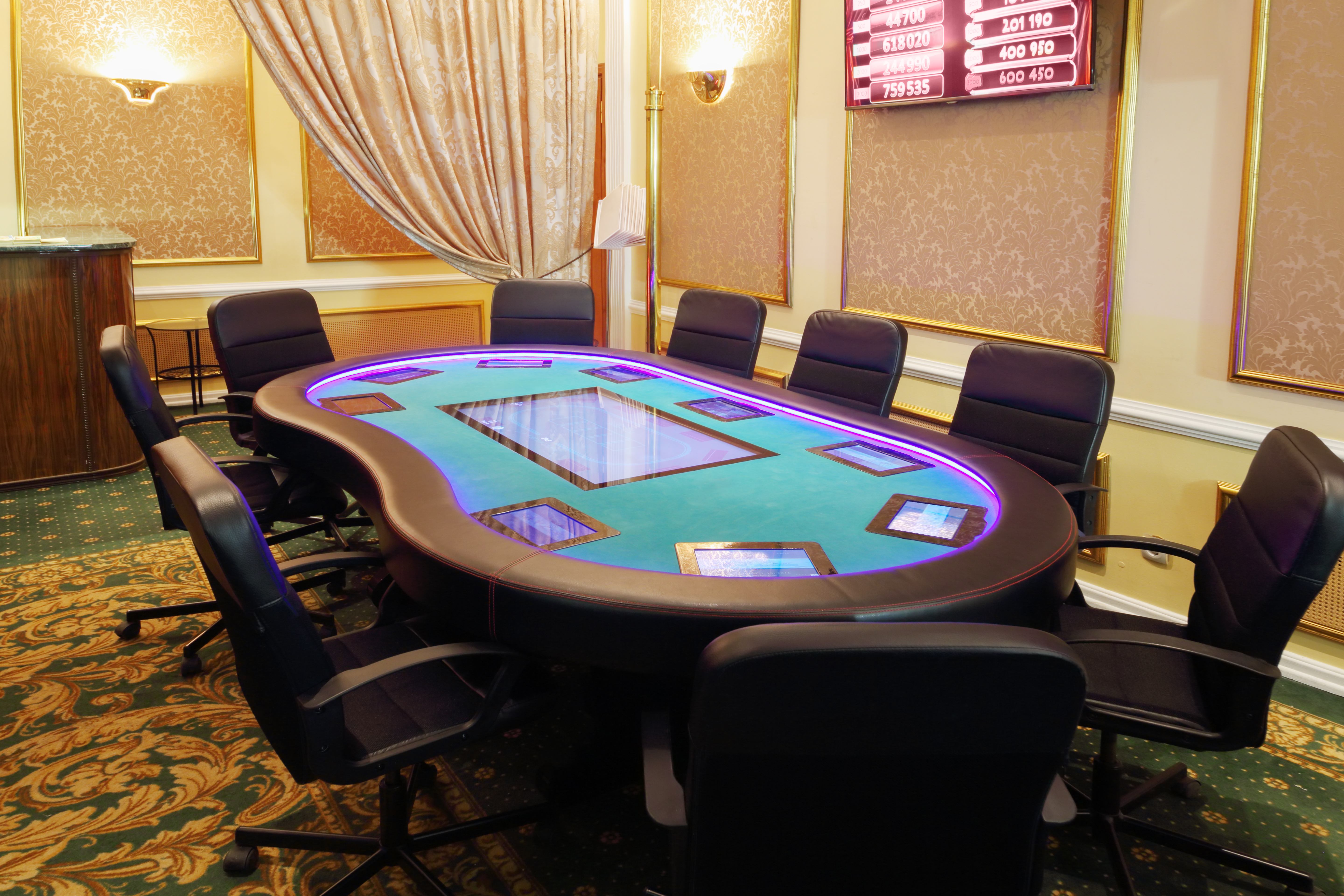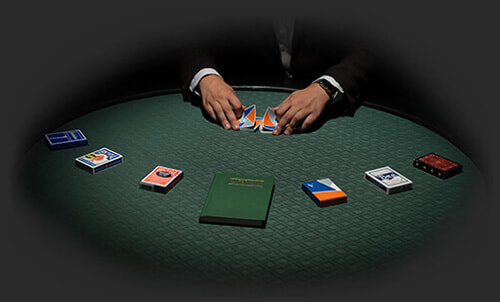Welcome to PokerNews, the World's No.1 Poker information source. Live reporting, online poker room reviews, strategy tutorials, freerolls and bonuses.
Texas Hold’em poker is everywhere these days — on TV, online, and in clubs and casinos. Before you sit down to a game of Texas Hold ’em, make sure you’re in good shape to be successful — take care of non-poker issues and check your physical, mental, and financial status. During the game, you need. For example, real money private games of Texas hold'em begin at $0.01 / $0.02 and go up to $0.50 / $1. The free money equivalents have a completely different range with stakes moving from 100/200. Texas holdem cheating softwareTexas holdem cheating software is an excellent product to cheat at Texas hold’em poker game. It will show each player’s cards in the software and the flop, the turn and the river cards. Cheating at Hold'em is a course in protective strategy. Cheating at Hold'em will provide you with all the knowledge needed to become an expert in game protection and enable you to participate in any and all Hold'em games without fear of being cheated. The top professional poker players are all conversant with the card cheater's ploys. Another real danger in private Texas holdem games is the possibility of being cheated. While a few players try to cheat in regular casinos and poker rooms, you’re more likely to run into it in private games. The first area you need to watch is when the cards are being dealt.
Secret Achievements
Private Game Holdem Cheating Games
| Achievement | How to unlock |
|---|---|
|
|
|
|
|
|
|
|
|
|
|
|
|
|
|
|
|
|
Various Achievements
| Achievement | How to unlock |
|---|---|
|
|
|
|
|
|
|
|
|
|
|
|
|
|
|
|
|
|
|
|
|
|
|
|
|
|
|
|
|
|
|
|
|
|
|
|
|
|
|
|
|
|
|
|
|
|
|
|
|
|
|
|
|
|
|
|
|
|
|
|
|
|
|
|
|
|
|
|
|
|
|
|
|
|
|
|
|
|
|
|
|
|

KNOW SOMETHING WE DON'T?
 You can submit new cheats for this game and help our users gain an edge.
You can submit new cheats for this game and help our users gain an edge.| Print This Page |

Poker is a highly competitive game where the winners stand to win large amounts of cash for beating their opponents. Online poker is no different. As such, player cheating is an issue. Some players will do anything they can to gain an edge and increase their chances of winning, even if it means resorting to cheating. The relative anonymity of internet poker facilitates this.
The good news is that online poker rooms are well aware of player cheating and the tricky schemes that people invent. Here’s a rundown of some of the common methods employed by online poker cheats, and how the online poker rooms have responded to them.
All-in Abuse
This is a method of cheating by abusing a featured called “all-in protection” or “disconnect protection”, which was designed to help online poker players. Basically, it works as such – when a poker player times out or disconnects from an online poker room (a rather common occurrence, given the fickle nature of many internet connections), any money that the player has invested in the pot will be protected. When the player logs back in, they’ll be entitled to receive the money they invested, since it apparently wasn’t their own fault that they were disconnected. If the disconnected poker player wins, he wins the part of the pot that he bet on, and the player with the next best hand wins any side pots that happened after the disconnect.
Some poker players try to exploit this feature. They intentionally disconnect their internet connection when they’re afraid to make a poker decision, in order to hold onto their invested money instead of folding and losing it. This is a clear-cut example of cheating and online poker rooms are well aware of this exploit and have responded. This type of cheating is nowhere near as much of a problem as it was in the past.
There was a time when virtually all online poker sites had a feature called “disconnect protection”. Many online poker rooms have completely stopped offering disconnect protection. Full Tilt and Poker Stars will give players adequate time to reconnect, should there be a legitimate disconnection problem. But if they fail to get back to the action within the allocated time, their hand is folded if further betting actions occur. This completely eliminates the all-in abuse cheats from these online poker rooms.
Other online poker sites that still offer disconnect protection nearly always have more tables that don’t offer it. These are listed as “no all-in” or “no DP (disconnect protection)” tables, which turn off the disconnect protection feature for players who are concerned about the exploit. If you ever notice what you deem to be all-in abuse at your online card room, contact support staff immediately.
In addition, all poker rooms prevent this type of cheating by monitoring disconnects. Online poker players that are suspected of this type of abuse will have their account banned and players victim to this type of cheating are often eligible for monetary compensation.
Collusion
Collusion is basically defined as two players covertly working together in order to increase one player’s chances of winning. To get an idea of how this works, imagine two or more friends logged into the same online poker room, playing at the same table. They share information about their cards in order to get an idea of what cards aren’t remaining in the deck. Worse still, they work together to increase the pot size or to squeeze other players out of a hand. Presumably, they’ll share their profits when the game is over.
Collusion is often difficult to spot because it’s often hard to tell if players are working together or simply making decisions on their own based on their individual poker strategies. A player folding AQ before the flop might be doing it because his friend has AK, or he might simply be a very tight player who is only willing to pursue absolute premium hands.
Player cheating of this nature, however, is actually easier to detect than you might think. Online poker sites have a complete hand history database for all of their poker players. They know if certain players have a history of playing on the same tables. Their databases are automatically scanned with complex algorithms that search for any signs of collusion. When something fishy is spotted the staff will manually review the action.
Online poker rooms take multiple steps against collusion and, accept on the rarest of occasion, it is not an issue when playing online poker. Having said that, online poker rooms take reports of suspected collusion very seriously. Poker Stars is widely considered one of the best sites when it comes to reviewing these situations thoroughly. Regardless of which online poker room you play at, be sure to contact customer service immediately if you suspect player cheating, including collusion, at your table.
Multi-Accounting
It is against the terms of most online poker rooms to sign up under more than one player account. However, this doesn’t stop people doing so – and in many ways the online poker rooms only have themselves to blame for this. Most of the cases where players have create additional accounts are usually because the player wasn’t receiving rakeback on their existing account, and therefore paying more than other players. But there’s a big difference between creating a new player account and the true definition of multi-accounting, which can be a form of collusion.
Multi-accounting is when an online poker player who plays under more than one account at the same time on the same site. A player might enter an online poker tournament under several different accounts in order to increase their chances of cashing. In some rare cases they could even end up on the same table, which would obviously be a huge advantage (see collusion, above) and unfair on the other players. The good news is that this form of cheating is fairly easy for the online poker rooms to spot, and players who attempt to cheat in this way will face serious consequences.
Online Poker Bots
Poker bots are software programs that have been designed to analyze a poker game, particularly starting hands and community cards, and make decisions for the player. A poker bot can be set up to play poker for real money while the actual player sleeps, goes to work, or just generally doesn’t pay any attention to the game himself. The simple fact is that online poker sites disapprove of bots, and that you should consider them to be a form of player cheating.
Poker bots are not really as big of a problem as some angry poker forum posters (that may have simply been beaten fairly) would like people to believe, and get far more attention that they deserve. In the rare event that a poker bot has been identified in the past, it has been shown to be a quite unsuccessful technique. Bot algorithms are no match for even the amateur poker player and sites found guilty of using poker bots (however ineffective they may be) have always failed or been forced out of the online poker market.
Conclusion
There’s no denying that cheating occurs. It happens in live poker games, and it happens in online poker games. There will always be cheaters trying to scam people when there’s money involved. But it isn’t nearly as bad as you might think. Online poker rooms know that dishonest players will try and cheat given the opportunity, and they put a lot of time and resources into making the games fair. If you truly suspect foul play at an online card room, simply cash out and take your money elsewhere.
Related Articles
Private Game Holdem Cheating Real Money
By Tim Ryerson
Tim is from London, England and has been playing poker since the late 1990’s. He is the ‘Editor-in-Chief’ at Pokerology.com and is responsible for all the content on the website.
Private Game Holdem Cheating Poker
Leave a Reply
Private Game Holdem Cheating Game
You must be logged in to post a comment.